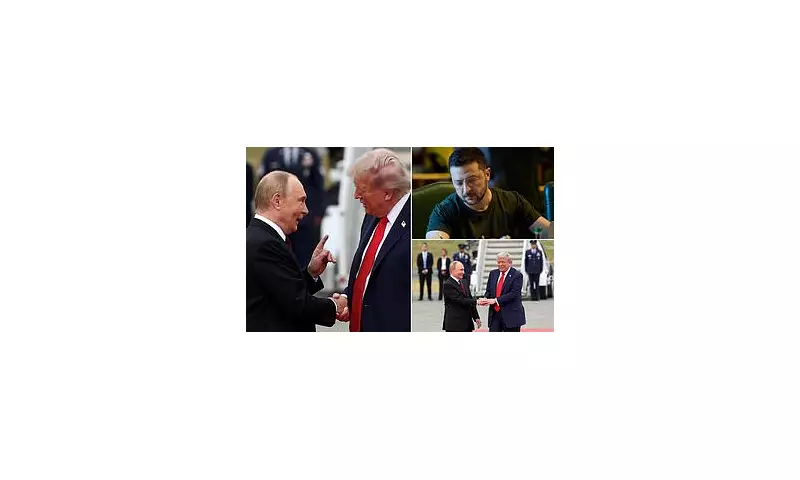
The Kremlin has long been known for its unorthodox approach to diplomacy, and recent negotiations between Russia, Ukraine, and the United States have been no exception. Experts suggest that Moscow's tactics are less about finding common ground and more about asserting dominance on the global stage.
Mastering the Art of Misdirection
Russian diplomats have perfected the art of misdirection, often introducing unrelated demands or shifting goalposts mid-negotiation. This strategy, while frustrating for Western counterparts, serves to keep opponents off-balance and test their resolve.
Key Tactics in Russia's Playbook:
- Strategic ambiguity: Deliberately vague statements that create confusion
- Non-linear negotiations: Circular discussions that avoid concrete commitments
- Information warfare: Using media to shape narratives before and after meetings
The Ukraine Factor
In discussions about Ukraine's future, Russian representatives have consistently framed the conflict as a regional matter rather than an international concern. This positioning allows Moscow to reject what it sees as Western interference while maintaining its influence over Kyiv.
Western diplomats report growing frustration with these methods, yet acknowledge they must adapt to make progress. 'It's like playing chess while your opponent keeps changing the rules,' one unnamed State Department official remarked.
What This Means for Future Talks
As negotiations continue, analysts predict Russia will maintain this hardline approach. The question remains whether Western powers can develop counter-strategies effective enough to break through the Kremlin's diplomatic defenses.
One thing is certain: in the high-stakes game of international diplomacy, Russia has shown it plays by its own rules - and expects others to adjust accordingly.





